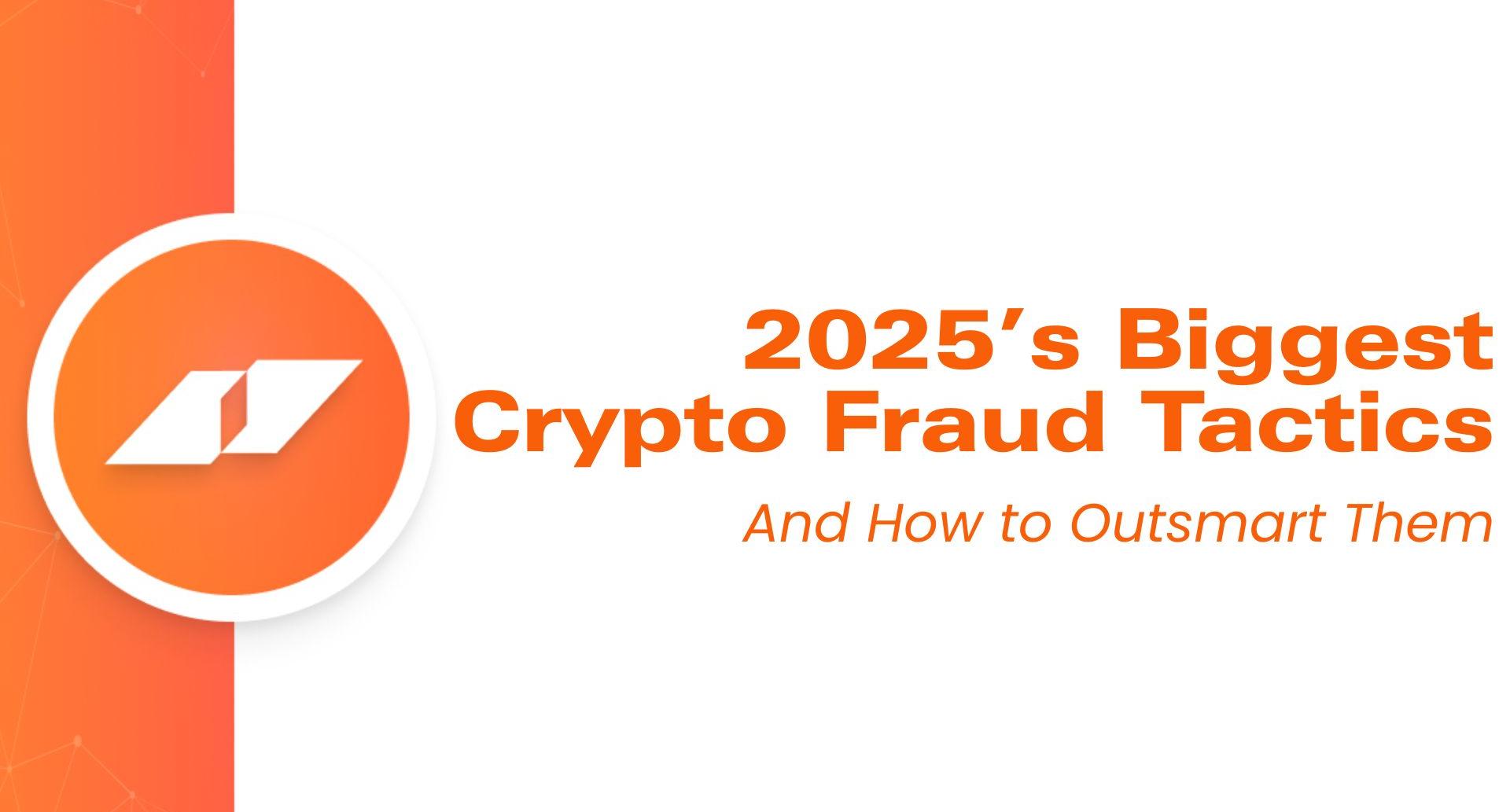Crypto Scams to Avoid in 2025

Introduction
In 2025, the cryptocurrency landscape continues to evolve rapidly, bringing with it sophisticated scams that exploit both technological advancements and human psychology. As a security researcher, it's imperative to shed light on these prevalent threats to safeguard investors and enthusiasts alike.
1. AI-Driven Impersonation Scams
Artificial Intelligence has become a double-edged sword in the crypto world. Scammers now leverage AI to create deep fake videos and realistic voice clones of celebrities and executives, promoting fraudulent investment opportunities. These AI-generated personas often appear in fake live streams or social media posts, enticing victims with promises of high returns. The California Department of Financial Protection and Innovation (DFPI) has highlighted a surge in such scams, emphasizing the need for vigilance.
2. Pig Butchering Scams
Originating from the term "shā zhū pán" in Chinese, pig butchering scams involve scammers building long-term relationships with victims through social media or dating platforms. Over time, they convince victims to invest in fraudulent crypto schemes, leading to significant financial losses. These scams have seen a 40% year-over-year increase, accounting for a substantial portion of crypto fraud in 2024.
Wikipedia: Pig butchering scam
3. Insider Threats in Exchanges
A notable incident in May 2025 involved Coinbase, where hackers bribed external customer support agents to access sensitive user data. The breach affected less than 1% of users but led to a potential loss of up to $400 million. This underscores the importance of robust internal security measures within crypto exchanges.
Business Insider: Coinbase hack report
4. Rug Pulls and Pump-and-Dump Schemes
The infamous $LIBRA token incident in Argentina serves as a cautionary tale. Promoted by President Javier Milei, the token's value skyrocketed before plummeting, resulting in $250 million in losses for investors. Such schemes manipulate market sentiment, leading to artificial inflation and subsequent crashes.
Wikipedia: $Libra cryptocurrency scandal
5. Fake Investment Platforms
Scammers often create counterfeit crypto exchanges or investment platforms that mimic legitimate ones. These platforms lure users with promises of high returns, only to disappear with their funds. In India, a massive fraud involving Rs 2,000 crore (~$234 million) was reported, prompting calls for a national-level investigation.
Times of India: Crypto fraud probe
6. Address Poisoning: A Subtle Yet Devastating Scam
Address poisoning is a deceptive tactic where attackers create wallet addresses that closely resemble those of legitimate contacts. They then send a minimal transaction to your wallet, causing their address to appear in your transaction history. If you're not vigilant, you might inadvertently copy this fraudulent address for future transactions, leading to significant losses. A notable incident involved an Ethereum user who lost nearly $700,000 in USDT due to such an attack.
Decrypt: Address poisoning case
7. Impersonation Scams: Exploiting Trust in Crypto Exchanges
Impersonation scams have become increasingly sophisticated, with attackers posing as crypto exchange employees to deceive users. In May 2025, Coinbase reported a breach where cybercriminals bribed customer support agents to access sensitive user data, including names, addresses, and partial Social Security numbers. The attackers then used this information to impersonate Coinbase representatives, attempting to trick users into transferring funds.
The Verge: Coinbase support breach
Protective Measures
- Always double-check wallet addresses before initiating transactions.
- Avoid copying addresses from transaction histories; instead, use verified sources.
- Implement wallet features that allow labeling trusted addresses.
- Be cautious of unsolicited small transactions, as they might be attempts to poison your address list.
- Verify communications by contacting the exchange through official channels.
- Be skeptical of unsolicited messages claiming urgent account issues.
- Never share sensitive information or transfer funds based on unexpected requests.
- Enable two-factor authentication (2FA) to add an extra layer of security to your accounts.
BitJeton Vouchers: A Safer Way to Transact
Buy a BitJeton voucher today, and redeem it for 120+ supported cryptocurrencies in less than a minute, providing you a simple way to access various cryptocurrencies without exposing your wallet to potential threats. Stay secure and informed! Buy now, take over your custody, protect your assets now!
You can explore more on our Partners Page or Redeem your voucher here.
By maintaining a proactive approach to security, you can navigate the crypto space with greater confidence and protect your investments from evolving threats.
Need Help?
If you have questions about any of these scams or how to protect yourself, our team is here to help. Visit our Contact Page, and we'll guide you through every step.